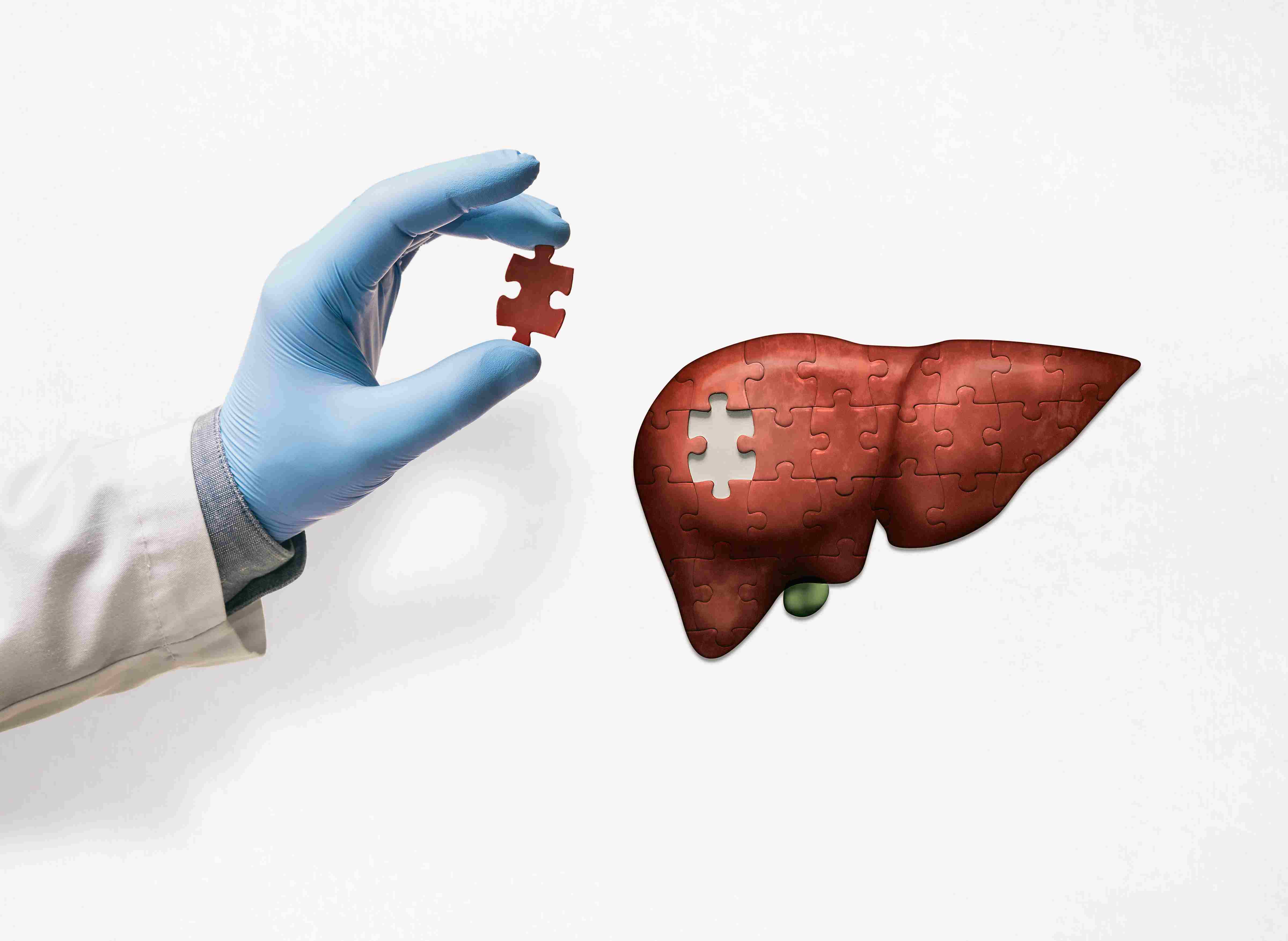Types of Liver Transplant

The liver is the largest internal organ in the human body and the only organ that has the ability to regenerate itself in case a section of it is removed. The liver is vital for the body’s smooth functioning and performs around 500 essential tasks.
In case, the liver becomes diseased or stops performing its functions, liver transplant surgery may be deemed as the only treatment to save the patient’s life. Liver transplant surgery is a surgical procedure where surgeons replace the damaged liver of the patient with a healthy liver either from a deceased donor or a living donor.
What kind of liver diseases require liver transplantation?
The most common reason for liver transplantation surgery amongst adults is cirrhosis, i.e., chronic liver failure resulting in end-stage scarring, leaving the liver damaged to a point that it cannot repair itself any further. Other common causes that may lead to liver failure and require liver transplantation are:
- Hepatitis B and C
- Autoimmune liver diseases
- Fat build-up in the liver
- Genetic liver diseases.
- Liver failure due to excessive alcohol intake
- Biliary Atresia (the most common cause for paediatric liver transplantation)
- Liver cancer
- Benign liver tumours
Types of Liver Transplantation
Liver transplantation can be broadly categorized into two kinds depending on the donor type:
- Cadaver / Deceased Donor Liver Transplantation:
In this type of liver transplant surgery, the entire healthy liver from a deceased or brain-dead (Cadaver) donor is surgically removed and transplanted into the patient after the diseased liver is removed.
Things to know about Deceased Donor Liver Transplantation:
- In case of deceased donor liver transplantation, the patient requiring the liver transplantation is added to the nationwide database waitlist that contains all the medical information of the waiting recipients.
- Waiting times are usually longer and may range from months to a waiting period of several years as the number of recipients significantly outnumber the liver donors. The hospital, in no circumstance, is liable or eligible to arrange for the liver donor. The patients are prioritized based on their MELD (Model of End-stage Liver Disease) score, the severity of their condition, survival chances and several other factors.
- As it is highly unpredictable as to when the liver will become available to the recipient, in most cases of deceased donor liver transplant, the surgery is done in an emergency as soon as the donor becomes available.
- Several tests are done and the recipient’s blood group and liver size are matched to the donor’s before the surgery is done.
- In the case of the deceased donor, the whole liver is taken out and transplanted. However, in some cases, it may be divided into two portions and used to conduct liver transplants of two patients, usually a child and an adult.
- Living Donor Liver Transplantation: In this type of liver transplant surgery, a patient’s diseased liver is removed and replaced with a portion of the liver from a healthy donor that has to be a suitable first or second-degree family member of the patient. Since the liver can regrow itself to 90-100% of its original size, the parts of the liver in both, the patient and the donor, grow into normal size and shape after the surgery, usually within 2-4 months of surgery.
Eligibility Criteria for Living Liver Donor
- The donor must be a first or second-degree family member of the patient, i.e., son, daughter, father, mother, grandparent or sibling.
- The donor must be between 18-55 years of age.
- The donor is healthy and has optimum weight to undergo surgery
- The donor’s blood group and liver size should match that of the recipient in order to be eligible.
- The person with any underlying kidney, liver or other critical diseases and mental illnesses are not eligible as a liver donor
- An HIV positive person or a person suffering from AIDS is not eligible
- No minor is eligible in any condition
Family friends, employees, or any other well-wishers are not accepted as donors
Donor Evaluation
Once the donor passes the elementary eligibility criteria, he/she undergoes a series of clinical and evaluation tests before they are approved to undergo surgery for liver transplantation. The clinical tests may include imaging scans, blood tests, radiology, and general diagnostic tests, along with consultation to ensure the preparedness of the donor for the complex surgery. After these tests come out in favour, more complex liver-specific tests are conducted that may include:
- MRI & CT scan of the abdomen and/or pelvis
- Ultrasound scan of the abdomen and/or pelvis
- A dobutamine stress echocardiogram (DSE)
- Electrocardiogram/chest X-ray
Liver Care at Medanta: Amongst India’s Best Liver Transplant Hospitals
At Medanta, we follow all the standard practices and protocols to offer comprehensive liver care services. We have a team of highly experienced liver transplant surgeons with outstanding success rates in liver transplant surgeries. Our multidisciplinary approach and affordable liver transplant surgery costs make us one of the trusted hospitals in India for quality liver care.






